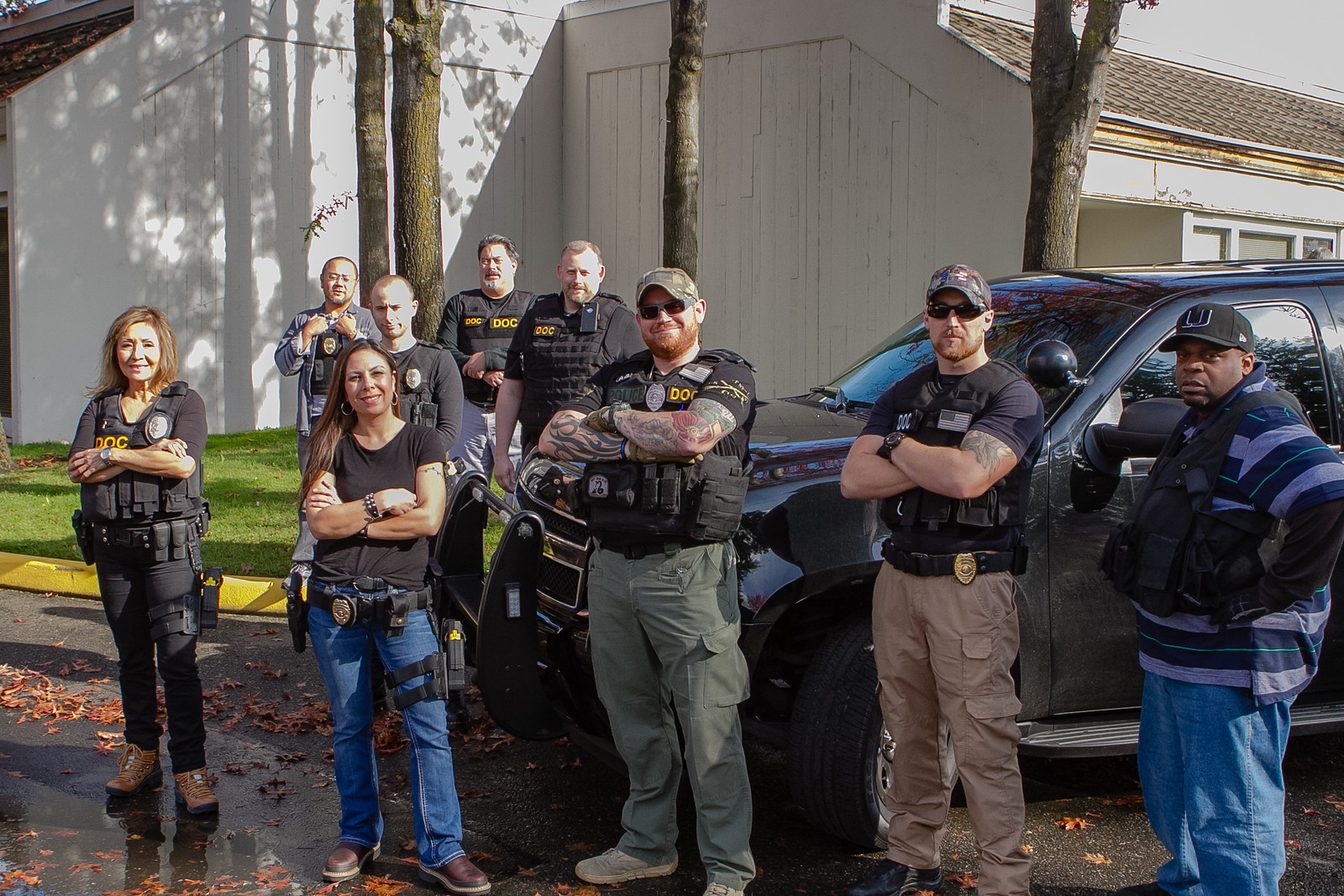
What is a Washington State Department of Corrections (DOC) Community Corrections Officer (CCO)?
In other states, a CCO equivalent position may be described as a Probation and Parole Officer. We put an emphasis on community as that is what it takes to assist individuals as they transition from incarceration.
CCOs work collaboratively with internal and external stakeholders and contribute to the agency's mission by supporting the effective supervision and accountability of individuals who have committed a crime and are serving a term of supervision in the community as ordered by the Court. The work of a CCO is crucial to reducing recidivism and enhancing community safety by focusing efforts on accountability and intervention to enhance and support successful reintegration into the community.
Working as a CCO provides opportunities to experience a broad spectrum of the criminal justice and law enforcement field. You will face great challenges and be met with even greater reward knowing you are making significant contributions to the safety of our communities as well as a positive impact on those we supervise. As a CCO, some of your duties may include:
- Managing a caseload of recently released incarcerated individuals and collaborating with their families and other community resources to facilitate successful reintegration into the community.
- Conducting field visits, apprehend suspects with felony warrants, and partner with other law enforcement agencies to conduct various operations.
- Learning baseline behaviors and intrinsic motivators which will allow you to proactively intervene when supervised individuals may be deviating from the conditions of their release.
- Making decisions regarding employment, education, treatment, housing, financial obligations, and more as you guide supervised individuals on the path to successful reentry into the community.
CCOs receive training in foundational correctional practices, case management, firearms qualifications, cognitive behavioral interventions, and more. Upon hire, you will be paired with a lead CCO who will provide on-the-job training and act as a mentor as you develop the skills and techniques needed to be successful in the field and in the office. If you have been placed into an in-training plan from a CCO1 to a CCO2, upon successful completion of your training requirements, you will advance to the CCO2 level where you will have greater autonomy and flexibility in managing caseloads. Completion of in-training plan is typically achieved within one year.
The minimum required qualifications for all CCO levels include the following:
- Must possess and maintain an unrestricted driver's license valid in the state of Washington.
- Must have the legal (Constitutional) right to carry a firearm.
- Must be willing to work with individuals from various criminal backgrounds and social behaviors.
- And must have an equivalent combination of qualifying education and/or experience equaling four years or more.
Note: Placement into a CCO1 or CCO2 position and starting salary is dependent upon qualifications. CCO3 positions are promotional opportunities and are typically posted internally.
For more information, refer to the job posting and/or contact the recruiter listed at the end of the posting.

